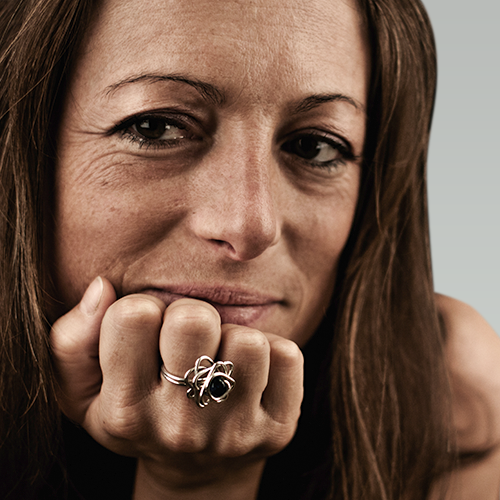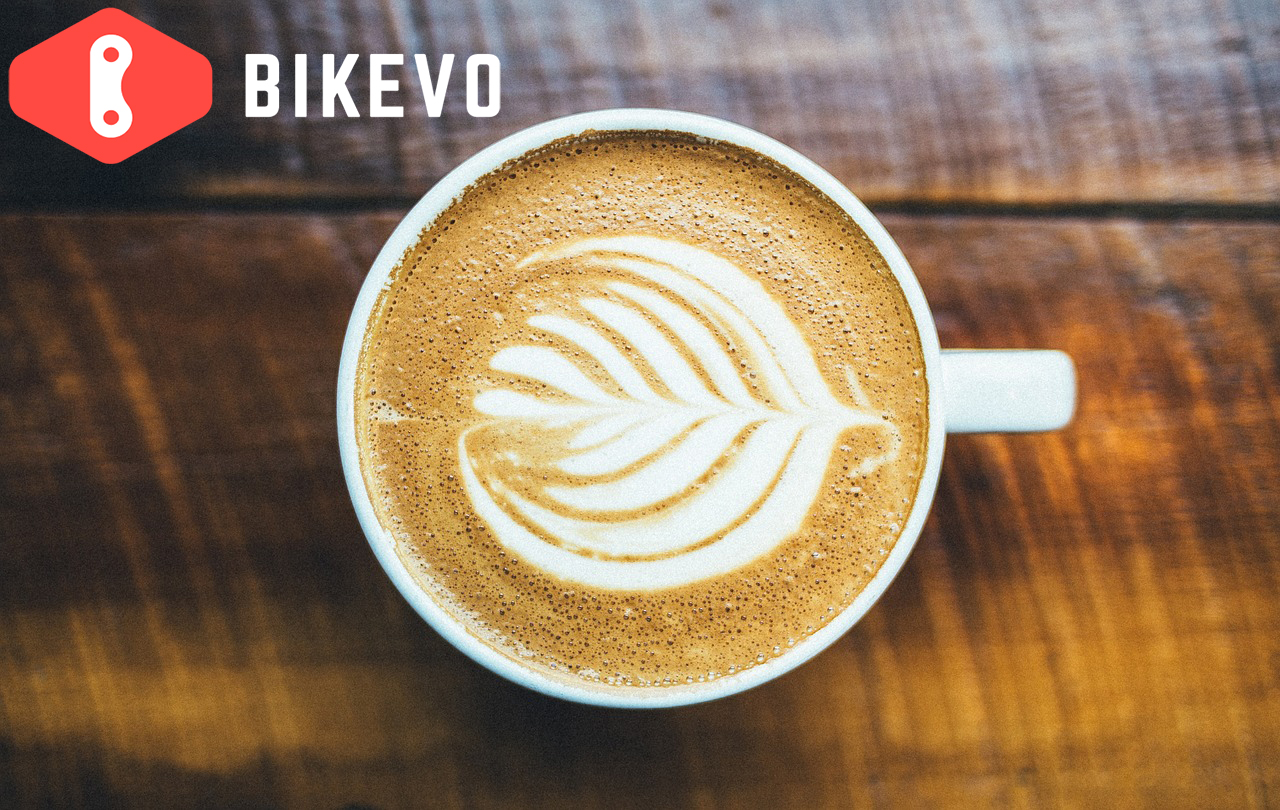The “are you sure?” of the title doesn’t refer to the national drink but to what we put in our coffee to change its taste.
This is not an article that will tell you that you shouldn’t drink coffee. You are allowed your coffee, I repeat: coffee is allowed! So, are you more at ease now?
The “are you sure?” of the title doesn’t refer to the national drink but to what we put in our coffee to change its taste. My clients are terrified when I tell them that they shouldn’t just eliminate sugar but that they can’t even substitute it with sweeteners, whether these are natural or artificial. They then frightened say the following: “But doctor, I am not able to drink my coffee this bitter!!”.
Let’s say there is some difference between agreeing on the concept that sugar inflames and fattens and having to change one or more of their habits in order to apply that concept. It causes a real panic reaction: "And now what do I do?!?".
Now, we take a deep breath and relax. Nobody is telling you that you need to go from two teaspoons of sugar (or sweetener, stevia or anything other) to zero at once. Let’s first try to understand or revisit why we are doing this.
Let’s start with sugar. It doesn’t matter if it’s white or brown. Taking in refined sugar regularly, especially on an empty stomach, such as when we drink a coffee half way through the morning, causes our blood glucose to spike (inflammatory effect), requires our pancreas to do some heavy lifting to produce a disproportionate amount of insulin (fattening effect) and causes reactive hypoglycemia (slowing down of the metabolism). These continuous “spikes” in our glucose levels over the long run can cause insulin resistance, the condition that precedes the onset of type 2 diabetes. It’s no coincidence that from 1980 to 2015, the world's diabetes patients went from 108 million to 415 million (International Diabetes Federation data).
And sweeteners? Their sweet taste, usually associated with an intake of sugary food items and as such calories, fools our brain. We tell our brain with this sweet taste that soon calories will arrive but then we don’t provide these calories. This will cause us to get very hungry and as such eat more than necessary. We can then say goodbye to the hoped for slimming effect of that pill in our coffee.
Now that we have addressed the why, let’s turn to the how: small steps. We can go from two teaspoons to one and a half, then one and so on, decreasing the amount week by week and as such gradually getting used to a taste less and less like sugar and more and more similar to that of coffee.
And what if you really don’t like this taste? Well, maybe you should ask yourself if you really like coffee or just drink it out of habit. Nobody is forcing you to drink it. There are many other drinks: tea, juices, shakes…Nobody is also forcing you to stop using sweeteners or sugar with your coffee either, sure. But, considering what we just discussed, the choice is yours. What is more important: continuing comfortably with your habits even if you know their damaging effects, or taking the first small steps outside your comfort zone toward a healthier lifestyle? I asked the question, now it’s up to you to answer it.

Tatiana Gaudimonte
You might also be interested in



